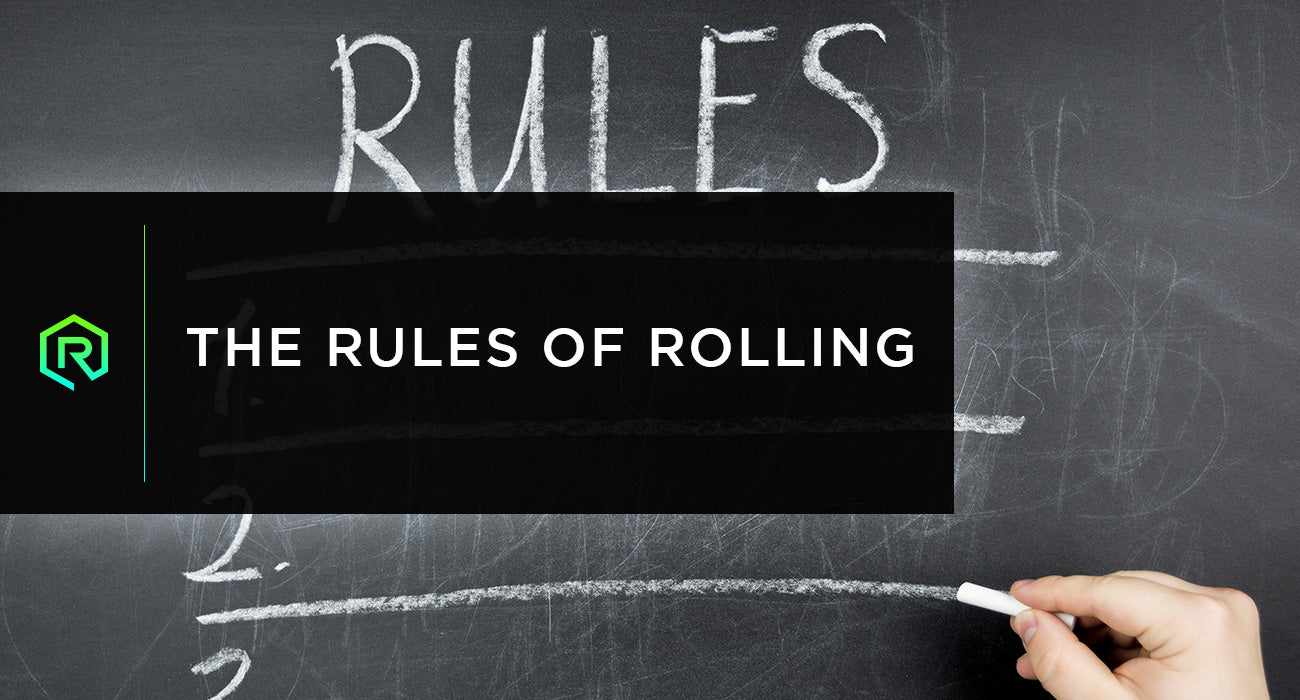If you’re playing a tabletop game, chances are you’ll need to roll dice at some point. Like a sorcerer and their spellbook, or a ship pilot and their trusty blaster, dice are an integral part of the gamer’s tool set. As such an essential part of the hobby, there are a lot of rules that come with rolling dice that you might not be aware of, so let’s talk about the dos and don’ts of using your dice at the table.
DO use your own set of dice for a game. Having your own set is crucial to play—so crucial that we’ve already written about it. If you don’t have a personal set of dice yet: read this article, buy some dice, and come back to us. Don’t worry; we’ll wait. Did you do it? Welcome back! Now please continue reading.
DO roll your dice on a covered surface. Tossing sharp pieces of resin on a table a hundred times a night is going to leave some damage. This goes double for your custom metal dice. When you’re playing a game, the table you sit at is your world, so show it some love and put something soft between it and the projectiles you’re bombarding. A simple leather mat works great, but even better is a rolling box that stops the dice from falling off onto the floor, which leads us to our next point:
DON’T roll your dice off the table. Games are exciting, and the roll of a die is often the most exciting part, but always take a moment to make sure you aren’t about to send your precious die rolling off the side of the table onto the floor. Not only does it halt the game flow while you scramble to pick it up, but you might even lose it. Besides, everyone knows that if the die goes off the table, the roll doesn’t count.
DO roll your dice openly... unless the game master tells you differently—it’s always best to share the roll with everyone. That way, everyone gets to share that epic moment when you land a critical hit, and they’ll believe you when it happens three times in a row!
DON’T make rolls without being asked first. The die shouldn’t leave your hand if your game master hasn’t told you to make a roll. That way, everyone at the table knows who is rolling what and why.
DO punish your bad dice. If you keep rolling 1s, then chances are your die has gone bad. Set it aside in a box by itself to think about what it’s done for a while. (Don’t leave it there forever, though.) Once your die has learned from its mistakes, give it a second chance. Dice jail may be harsh, but it is not without redemption.
Every table will have different rules, but these dos and don’ts are a good core you’ll find at just about every playgroup. If you’re joining a new table or thinking about starting one of your own, it’s always a good idea to establish the basics first, so don’t forget about your dice!
The Rules of Rolling

